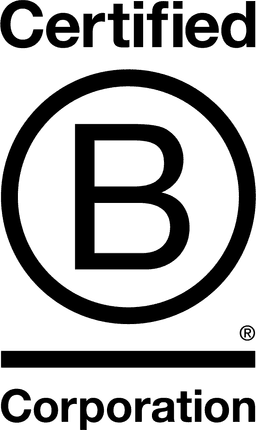

CARIUMA

Singapore, Singapore
October 2021
Apparel
Wholesale/Retail
Singapore,
United States
Cariuma is a sneaker brand founded by two former footwear industry executives. They felt it vital to reinvent the sneaker game and reshape the industry by example—to better serve people and the planet through transparency, positivity, and a constant evolution mindset. From Day 1, Cariuma set out to balance profit and purpose, by centering customers, teammates, partners, and the environment as equal stakeholders. Rooted in the culture and ethos of surfing and skateboarding, they create comfortable, timeless sneakers with an increased lifespan. They prioritize a sustainable production model, from responsible design and materials sourcing, to ethical manufacturing and delivery via single-box, 100% recycled packaging. Since June 2020, they have committed to planting two trees for every pair of shoes they sell. Cariuma’s in-house reforestation program is central to their mission of restoring the biodiversity and carbon-capturing potential of rainforests. In October 2020, they began their work in the Brazilian rainforest—a coastal biome stretching from northeast to southern Brazil—which has lost over 87% of its forest canopy to deforestation. P.S. Did you know? Cariuma is the first B Corp whose products were worn by medalists in the Olympic Games!
Overall B Impact Score
Governance 16.9
Governance evaluates a company's overall mission, engagement around its social/environmental impact, ethics, and transparency. This section also evaluates the ability of a company to protect their mission and formally consider stakeholders in decision making through their corporate structure (e.g. benefit corporation) or corporate governing documents.
What is this? A company with an Impact Business Model is intentionally designed to create a specific positive outcome for one of its stakeholders - such as workers, community, environment, or customers.
Workers 24.9
Workers evaluates a company’s contributions to its employees’ financial security, health & safety, wellness, career development, and engagement & satisfaction. In addition, this section recognizes business models designed to benefit workers, such as companies that are at least 40% owned by non-executive employees and those that have workforce development programs to support individuals with barriers to employment.
Community 18.7
Community evaluates a company’s engagement with and impact on the communities in which it operates, hires from, and sources from. Topics include diversity, equity & inclusion, economic impact, civic engagement, charitable giving, and supply chain management. In addition, this section recognizes business models that are designed to address specific community-oriented problems, such as poverty alleviation through fair trade sourcing or distribution via microenterprises, producer cooperative models, locally focused economic development, and formal charitable giving commitments.
Environment 29.1
Environment evaluates a company’s overall environmental management practices as well as its impact on the air, climate, water, land, and biodiversity. This includes the direct impact of a company’s operations and, when applicable its supply chain and distribution channels. This section also recognizes companies with environmentally innovative production processes and those that sell products or services that have a positive environmental impact. Some examples might include products and services that create renewable energy, reduce consumption or waste, conserve land or wildlife, provide less toxic alternatives to the market, or educate people about environmental problems.
What is this? A company with an Impact Business Model is intentionally designed to create a specific positive outcome for one of its stakeholders - such as workers, community, environment, or customers.
Customers 4.4
Customers evaluates a company’s stewardship of its customers through the quality of its products and services, ethical marketing, data privacy and security, and feedback channels. In addition, this section recognizes products or services that are designed to address a particular social problem for or through its customers, such as health or educational products, arts & media products, serving underserved customers/clients, and services that improve the social impact of other businesses or organizations.